To fully implement the Accessible Environment Construction Law and promote sustainable, inclusive, and innovative urban development in China, the School of Government at Shenzhen University initiated the compilation of the China Accessible Cities Index. On April 21, 2024, the Expert Seminar on the Compilation of the China Accessible Cities Index was grandly held at the Jinlongtan Hotel in Beijing. The event was jointly organized by the Shenzhen University Research Center for the Development of Disabled Persons in the Pilot Demonstration Area of Socialism with Chinese Characteristics, the Shenzhen University Philanthropy Research Institute, the Shenzhen University Institute for Global Megacity Governance, and the School of Government at Shenzhen University. The seminar invited prominent figures, including Mr. LYU Shiming, Standing Committee Member of the National People's Congress, Vice Chairman of the 7th Presidium of the China Disabled Persons' Federation, and President of the China Volunteer Association for Disabled Persons; Mr. Wang Jianjun, Member of the National Committee of the Chinese People's Political Consultative Conference and Deputy Director of the Population, Resources and Environment Committee; Professor Yu Keping, Director of the Peking University Research Center for Chinese Politics and Dean of the School of Government at Shenzhen University; Professor Guan Xinping, President of the China Disability Development Research Association and a professor at Nankai University; Mr. Li Caimou, Deputy Director of the Research Office of the China Disabled Persons' Federation; Mr. Zhang Dongwang, Deputy Director of the Rights Protection Department of the China Disabled Persons' Federation; Professor Li Jianfei, Deputy Director of the Institute for Disability Development at Renmin University of China; Professor Chen Gong, Director of the Institute of Population Research at Peking University; Professor Shao Lei, Executive Dean of the Institute for Accessible Development at Tsinghua University; Professor Bu Jiajun from the School of Computer Science and Technology at Zhejiang University; Professor Ma Hui, Executive Director of the Center for Accessible Standardization Research and Services at Wuhan University of Technology; Mr. Lu Wei, Vice Chairman of the China Internet Association; Ms. Wang Li, Director of the Planning Department at the China Academy of Information and Communications Technology; Ms. Hou Yisha, who holds a Ph.D. from Peking University and previously served as the Secretary and Director of the Shenzhen Disabled Persons' Federation; and more than 30 leaders, experts, researchers, and practitioners from the China Disabled Persons' Federation, universities, research institutions, and social organizations.Key members of the research center, including Associate Professors Wu Jinjin, Luo Wen'en, Zhang Yong, Assistant Professor Chen Yonghai, Associate Researcher Huang Yi, Associate Researcher Sun Huajun, and Associate Researcher Pan Quanxiao, also participated in the symposium.
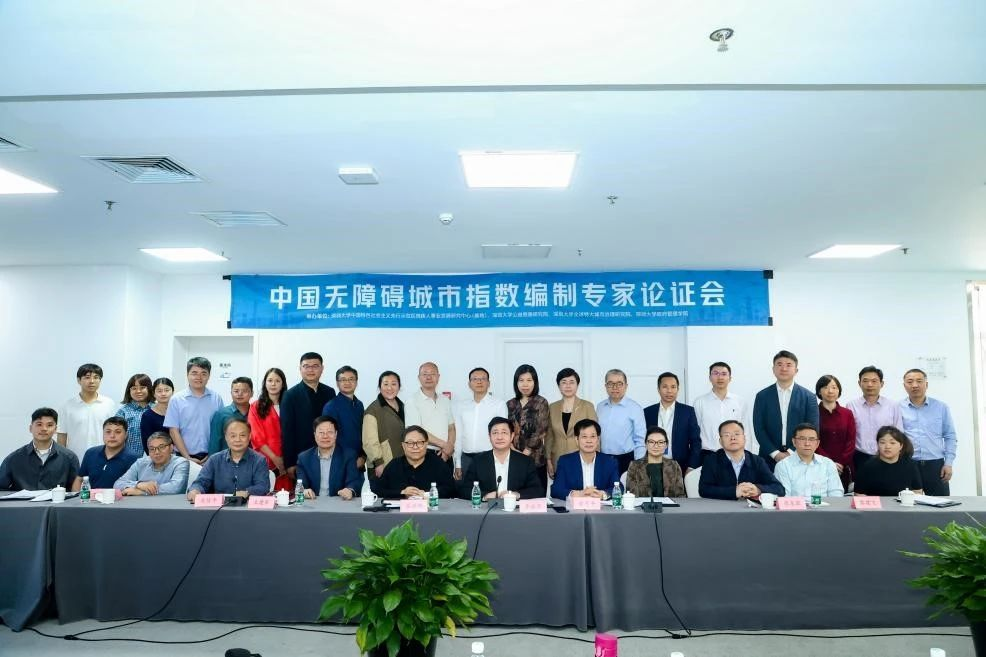
Expert Seminar on the Compilation of the China Accessible Cities Index
The seminar was chaired by Professor Li Yonghua, Vice President of Shenzhen University and Director of the Research Center for the Development of Disabled Persons in the Pilot Demonstration Area of Socialism with Chinese Characteristics. In his opening speech, Professor Li Yonghua emphasized the importance of the Accessible Cities Index in enhancing the level of urban civilization and humanistic care. He noted that the index not only quantifies urban planning and construction standards but also fosters social consensus, promotes social inclusion, and enhances the sense of gain, security, and happiness among the public.
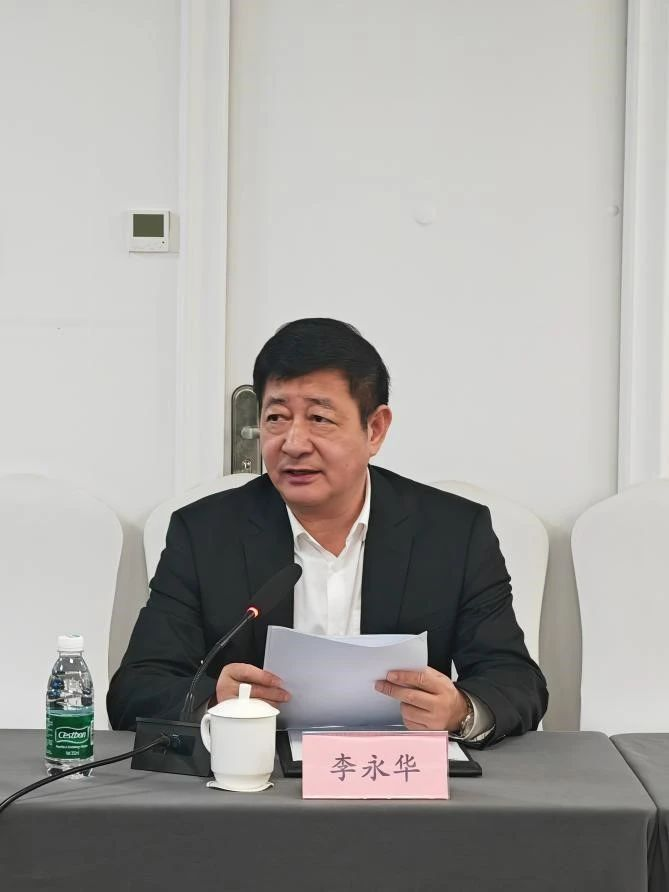
Professor Li Yonghua, Vice President of Shenzhen University
In the keynote speech session, Mr. LYU Shiming shared his personal experiences and reviewed the development of the accessibility cause, highlighting the importance of accessible environment construction. He pointed out that since the 18th National Congress of the Communist Party of China, the construction of accessible environments has entered a new era, with the implementation of the Accessible Environment Construction Law being a significant component of China's modernization process. The compilation of the Accessible Cities Index is a timely and commendable effort that fills a gap in accessibility construction. He suggested that the index should be based on legal frameworks, layered, categorized, and graded to ensure practicality and usability. He also emphasized the importance of involving a broad range of volunteers in accessibility work.
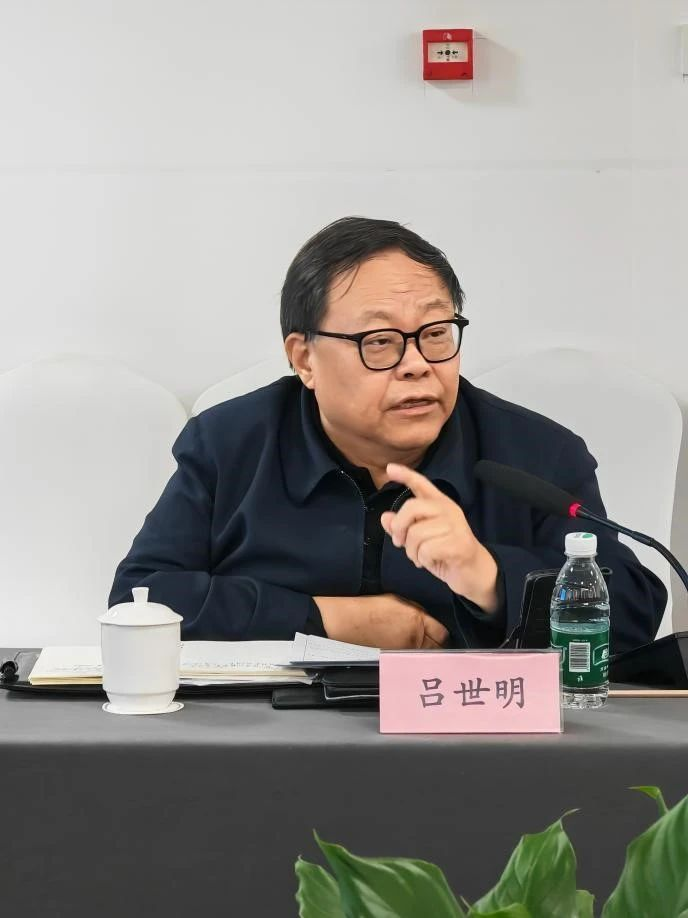
Mr. LYU Shiming, Standing Committee Member of the National People's Congress, Vice Chairman of the 7th Presidium of the China Disabled Persons' Federation, and President of the China Volunteer Association for Disabled Persons
Professor Li Jianfei, Deputy Director of the Institute for Disability Development at Renmin University of China, in his keynote speech, highlighted the epochal significance of the Accessible Environment Construction Law. Its fundamental purpose is to safeguard the dignity and autonomy of every individual. One of the law's key goals is to promote public awareness and attitudes towards accessibility, ensuring that all members of society recognize the necessity of a barrier-free society. While the law has received positive feedback since its implementation, practical limitations remain. Li stressed the importance of accurate legal interpretation, proactive judicial references, and strengthening media coverage and academic construction related to accessibility.
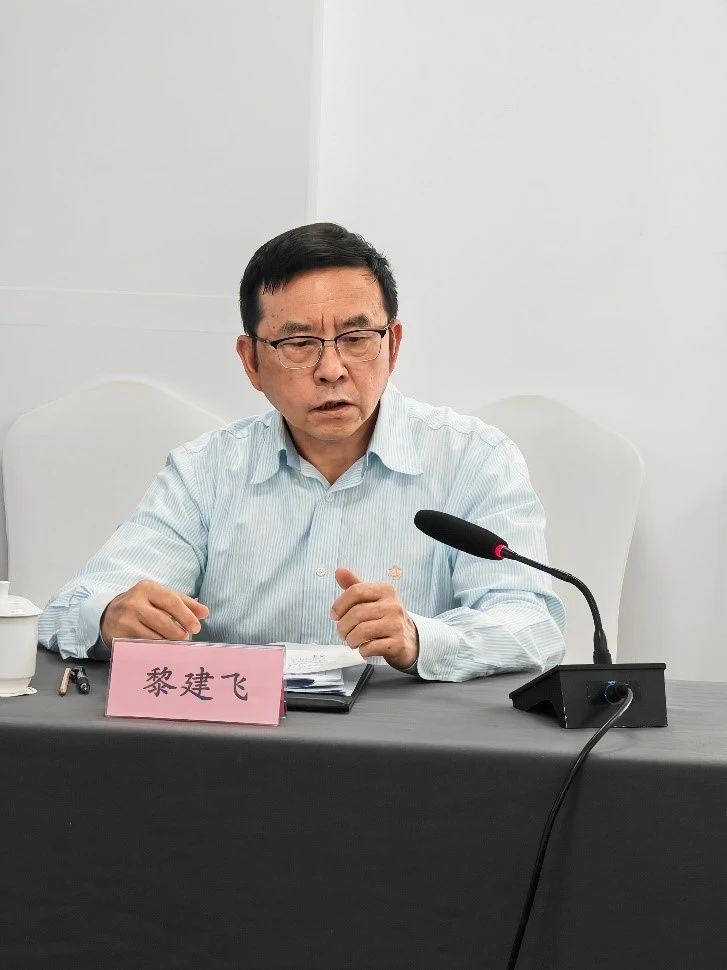
Professor Li Jianfei, Deputy Director of the Institute for Disability Development at Renmin University of China
Professor Zhou Lingang, Executive Director of the Research Center for the Development of Disabled Persons in the Pilot Demonstration Area of Socialism with Chinese Characteristics, elaborated on the background, design logic, assessment dimensions, methods, and expected outcomes of the Accessible Cities Index. He stated that the index is aligned with the 2030 Sustainable Development Goals and the Convention on the Rights of Persons with Disabilities, considering accessible city construction as a critical dimension of individual rights protection and social development. The index will comprehensively evaluate cities' accessibility levels across dimensions such as facility construction, information exchange, and social services, encouraging active participation from government, market, and social entities to create inclusive, sustainable, and innovative accessible cities with Chinese characteristics.
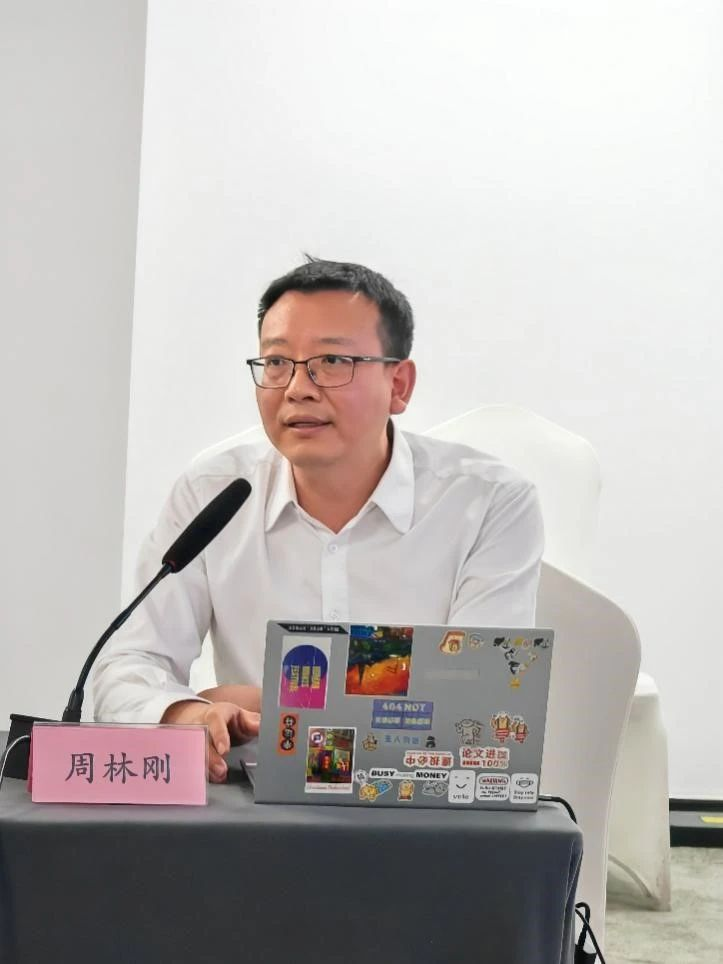
Professor Zhou Lingang, Executive Director of the Shenzhen University Research Center for the Development of Disabled Persons in the Pilot Demonstration Area of Socialism with Chinese Characteristics
During the roundtable discussion, experts presented their insights on the basic concepts of the Accessible Cities Index from perspectives including social context, design logic, assessment dimensions, and expected outcomes. They offered suggestions regarding concepts, information, and social services. Key points highlighted by the experts included: 1. Progress in social civilization should be assessed based on "shortcomings," such as the quality of life for vulnerable groups, including persons with disabilities, the elderly, and children. The accessible city index significantly reflects the level of civilization of a country and society. 2. Urban civilization drives human civilization, with significant progress manifested in reducing barriers to human life. 3. Despite tremendous achievements in China's urban construction, many public places still have various barriers that hinder people's participation in social life. 4. The theories and practices of accessible cities need to evolve with the times. 5. The publication of the Accessibility Index can advance the construction of accessible cities, encouraging collective efforts to reduce barriers and enhance happiness for everyone.
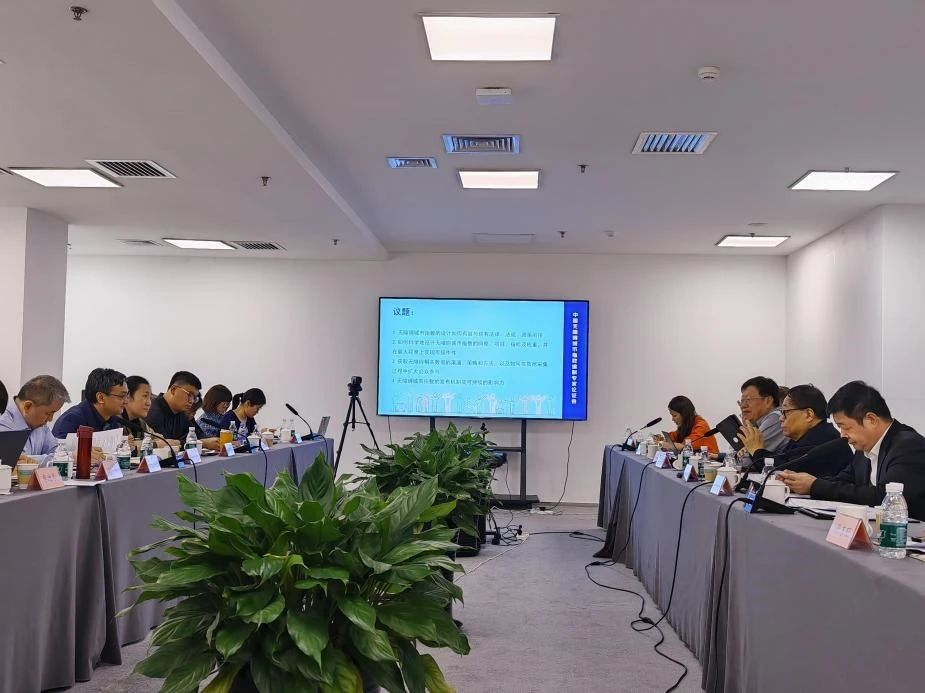
Roundtable Discussion
In his concluding remarks, Professor Yu Keping shared his reflections on the origins and considerations behind the initiation of the Accessible Cities Index by Shenzhen University. He reiterated the importance of evaluating social progress based on the quality of life for vulnerable groups and how the index reflects the civilization level of a country and society. He emphasized that urban civilization leads human civilization, with significant progress marked by reducing barriers to human life. Noting China's substantial achievements in urban construction, he highlighted the need for continued improvement to address existing barriers in public places. He concluded that the index's release would promote the process of accessible city construction, hoping for collective societal efforts to reduce barriers and make life happier for everyone.
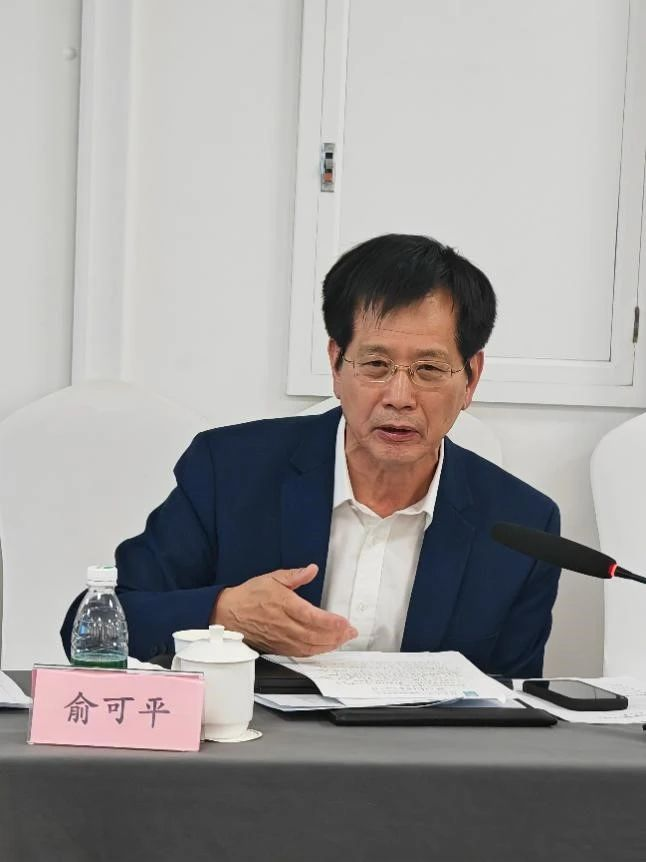
Professor Yu Keping, Director of the Peking University Research Center for Chinese Politics and Dean of the School of Government at Shenzhen University
The participants reached a broad consensus on the formulation and implementation of the Accessible City Index, with experts' suggestions broadening the perspectives for its development. We look forward to the concept of accessible cities being more widely promoted and applied through the joint efforts of all sectors of society, working together to build a more inclusive, harmonious, and sustainable society.
Editor: Zhang Mingyang
First Reviewer: Wu Jinjin
Second Reviewer: Zhou Lingang
Final Reviewer: Gu Zhijun

